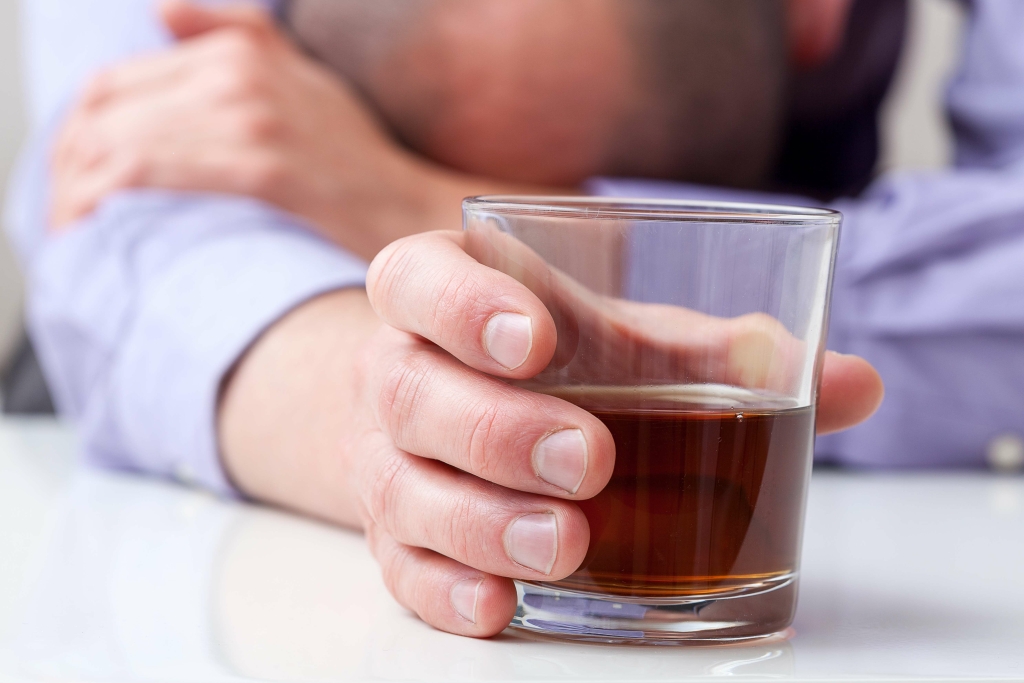Sobriety is the process that encompasses all the tools needed to maintain the state of abstinence. Achieving sobriety involves substance abstinence, therapy, long-term support, and possibly medication. The mix of addiction treatment methods is established based on addiction severity, individual goals, and available resources. Sobriety and recovery are intertwined in that sobriety is a necessary condition for recovery, but it is not sufficient on its own. For many, maintaining sobriety is an ongoing effort that requires vigilance and support, often necessitating lifestyle changes, therapy, and sometimes medication.
Additional tips for staying sober

In the following, these findings will be discussed related to knowledge about the interplay between life events, turning points and social contexts in shaping the change process towards http://kgpi.ru/katalog/priemniki-kupyur/132921.html a new identity as a non-addict. Some of the participants had become parents during their addictive period in life. Some had lost custody rights, which they regained after recovery.

Practice Healthy Living

Sobriety is a lifelong process focused on substance-free living and the tools necessary to maintain this healthy, fulfilling life. This article discusses multiple techniques to achieve and sustain sobriety and the distinctions between sobriety, abstinence, and recovery. A therapist can help you learn new coping skills, develop new thinking patterns, and address any co-occurring mental health conditions that may make recovery more difficult.

Recovery from Addiction
Sobriety entails maintaining abstinence, reducing the negative effects of alcohol and drug consumption. Using positive techniques like meditation and support groups helps break the cycle of relapse, continuing the sobriety process. Although these new activities are healthy and productive, they can be a stumbling block to lasting recovery if they become a transfer addiction to fill the void left by the original addiction. A mental health professional can help you cope with some of the challenges you’ll face on your path to sobriety. You may also need to change your route to work or home in order to avoid any triggers, or people, places, or things that make you want to use drugs or drink again. The more tools you have for identifying triggers, coping with stress, and managing your new sober life, the easier you’ll prevent relapse.
- Regardless of whether you’re a drug addict or you’re struggling with alcohol abuse, you can take comfort in the fact that our addiction experts will be there for you and with you every step of the way.
- It should not be used in place of the advice of your physician or other qualified healthcare providers.
- When someone is sober, without working on the recovery aspect, the negative and unhealthy behaviors often remain the same.
- I started to be considerate of other people instead of only looking out for what I wanted from everyone.
- Due to the explorative nature of the study, qualitative and inductive methods were used.
Signs of Emotional Sobriety

In other words, you not only gain sobriety but also the emotional stability to defend yourself against relapse. This doesn’t mean you are relapse-proof, but it does mean you have the tools—thanks to a http://bookorbita.com/library/dramaturgiya/grand_mihail/a_friends_frown.html combination of medication, when appropriate, and behavioral therapy—within reach to stay strong in the face of temptation. Employment is virtually essential for having a stable and meaningful life.
Developing New Ways to Cope
Sobriety and recovery are often used interchangeably but are distinct, though related, concepts. Once you do return to work, it’s important to create a budget and take steps to safeguard yourself as work stress can be a relapse trigger. For example, you may have developed a co-dependent relationship, or a family member, friend, or employer may have been enabling you without even knowing it.
They no longer rely on drugs or alcohol as a way to numb or escape from uncomfortable emotions. The ongoing practice of emotional sobriety enhances overall mental health, promotes personal https://www.thegoodlifeproject.info/practicing-forgiveness-for-personal-healing-and-growth/ growth, and leads to a more fulfilling life in recovery. Although addiction tends to cut people off from longtime friends, social support is a significant predictor of recovery.
Trying Behavioral Therapy
For some people, spirituality may be a hallmark of their recovery process. Attending church is just as important for them as going to AA meetings and talking to their sponsor. For other people, their recovery requires them to work on their mental health, so attending individual and group therapy may be a key factor in staying solidly in recovery. Many people equate the concept of being sober with being in recovery.

Leave A Comment